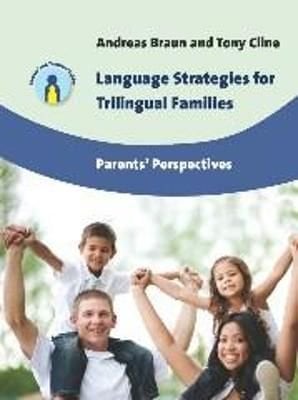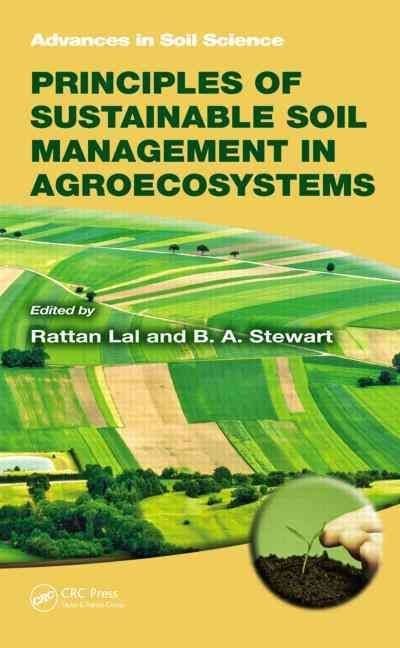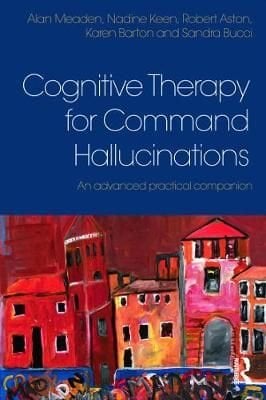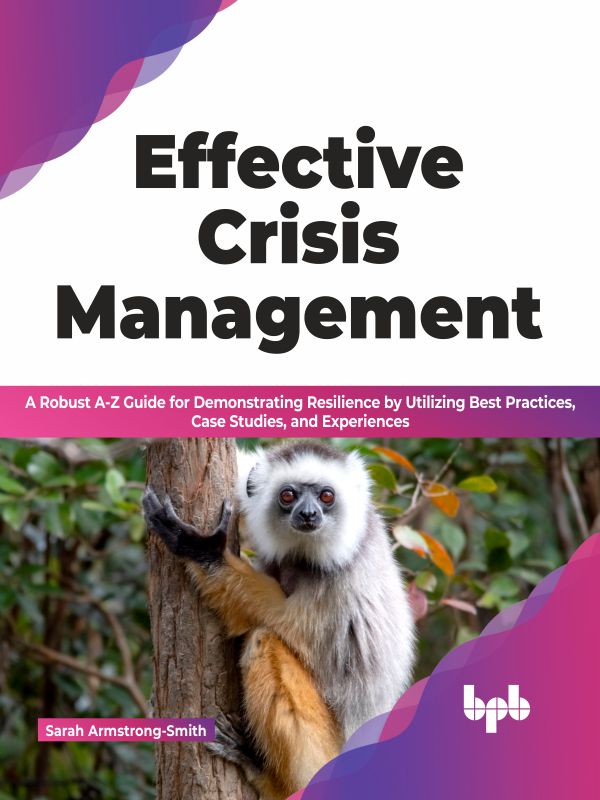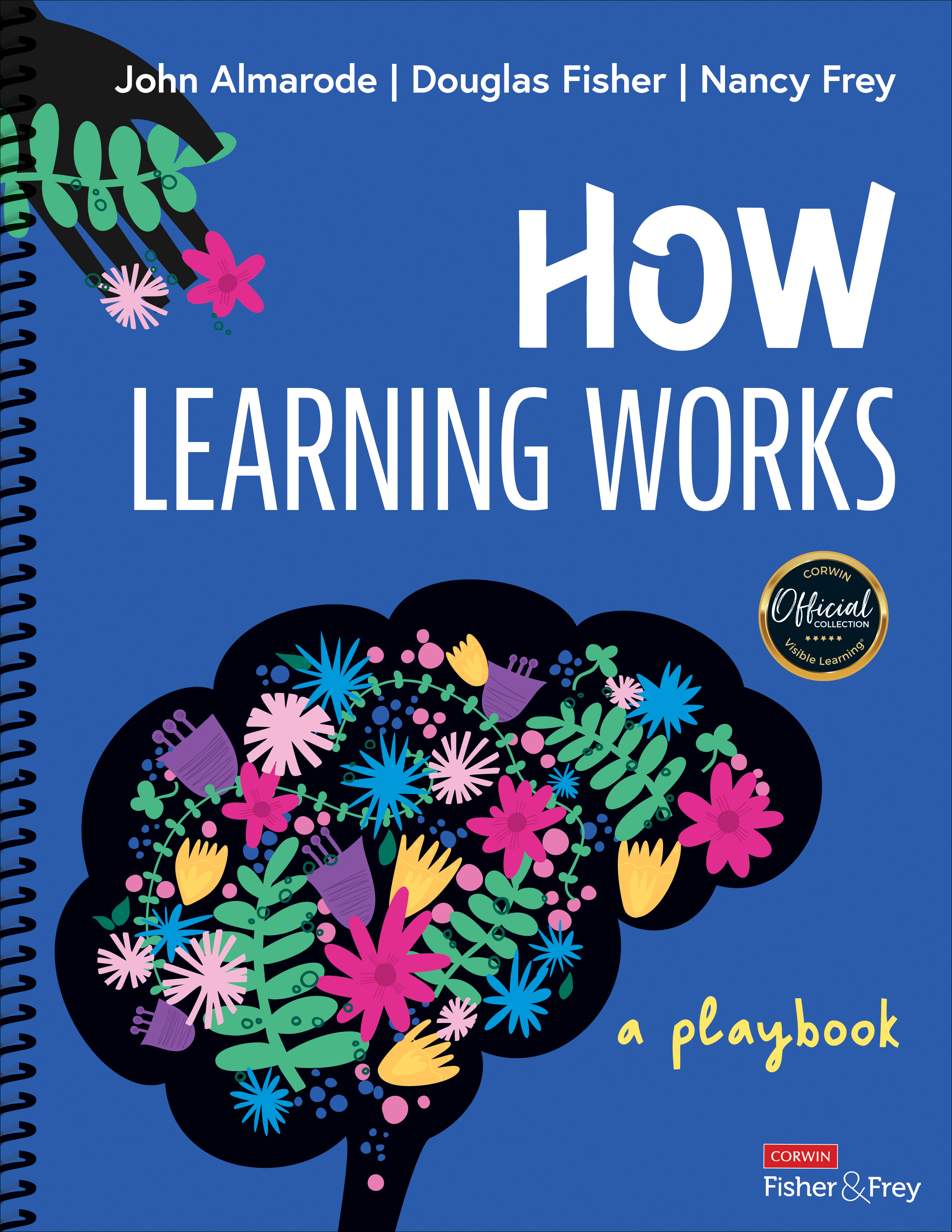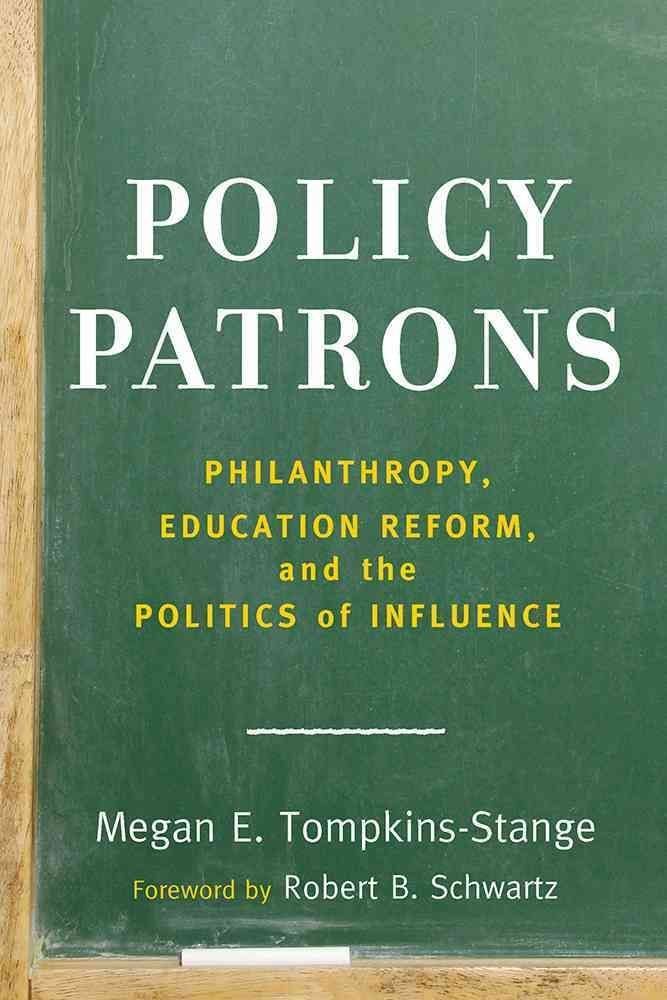This book aims to enable parents in trilingual families to consider possible language strategies on the basis of analysing their individual circumstances. It includes a tool for diagnostic self-analysis that will help each reader to identify their situation and learn how parents in similar situations have approached the task of supporting their children’s use of languages. Based on a unique survey of parents in trilingual families in two European countries, the book highlights the challenges that trilingual families face when living in mainly monolingual societies. It takes into account the recent emergence of a ‘New Trilingualism’ among educated parents who find themselves in trilingual families because of global trends in migration and the recent expansion of the EU.
